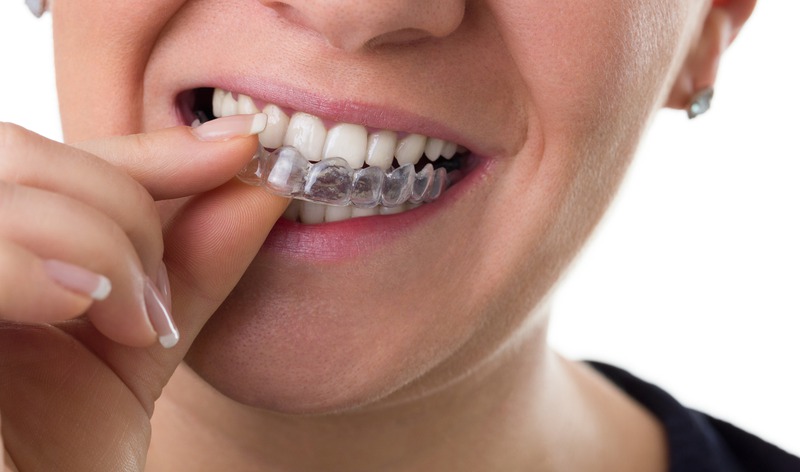Most of us know we should do dental cleaning, but how often is it really necessary? The answer isn’t always black and white. Factors like oral health conditions, lifestyle habits, and even personal preferences all come into play. Let’s dive into what the experts have to say.
The Standard Six-Month Rule
Why Six Months?
The most common rule of thumb you’ve probably heard is to visit your dentist every six months. This recommendation is based on preventing dental issues before they become significant problems, and one essential component of these visits is dental teeth cleaning. Regular visits allow dentists to catch early signs of cavities, gum disease, and other issues.
Pros of Biannual Visits
-
Early detection of oral health issues
-
Prevention of plaque buildup and tartar
-
Professional teeth cleaning
-
Oral cancer screenings
When You Might Need More Frequent Visits
Existing Dental Issues
If you’re already dealing with dental problems like gum disease or frequent cavities, you should visit the dentist more often. For instance, if you have periodontitis, your dentist may recommend cleaning every three to four months to keep your gums in good health.
Lifestyle Factors That Influence Dental Visits
Smoking and Drinking
If you smoke or consume alcohol regularly, your risk for dental problems increases. In these cases, more frequent dental checkups could be necessary to monitor and manage potential issues before they become severe.
Dietary Habits
Your diet also plays a significant role in your oral health. A diet high in sugar or acidic foods can lead to more frequent dental visits. If you frequently indulge in such foods, consider visiting your dentist more often.
Expert Recommendations for Children
When it comes to kids, dental experts generally recommend starting dental visits by the age of one. From there, visits every six months are usually advised to ensure their teeth are developing correctly and to instill good oral hygiene habits early.
Individualized Care Plans
Some people may require a more customized dental care plan. For instance, if your family has a history of dental issues, your dentist might recommend more frequent visits. Your unique health circumstances could dictate a different schedule to ensure your teeth stay healthy.
What Happens During a Dental Cleaning?
A dental cleaning typically involves a series of steps designed to leave your teeth fresh and healthy. The process usually starts with an examination, followed by the removal of plaque and tartar. Next, the teeth are polished, and finally, flossing is done to ensure no debris is left behind.
Home Care in Between Visits
Even if you’re diligent about seeing your dentist, good home care is essential. Brushing twice a day, flossing, and using mouthwash can go a long way in maintaining your oral health. Some dentists also recommend an antibacterial mouth rinse for those prone to cavities or gum issues.
Costs and Insurance
Dental cleanings are generally covered by insurance once every six months, but more frequent visits might not be. If you require more regular visits, it’s worth discussing payment plans or other financial options with your dental office.
Finding the Right Dentist
Selecting the right dental professional is crucial. It’s not just about proximity; you’ll want someone who understands your unique needs and makes you feel comfortable. A dentist in Houston may offer personalized care plans that suit your lifestyle and oral health requirements.
Emergency Dental Situations
Knowing when to seek emergency dental services can save you pain and possibly even your teeth. If you’re experiencing severe pain, broken teeth, or signs of infection, don’t wait for a routine appointment. Seek immediate care to address the issue promptly.
Technology in Modern Dental Care
Advancements in dental technology have made it easier to maintain oral health and reduce the frequency of issues that require professional intervention. Technologies like digital X-rays, laser dentistry, and intraoral cameras allow for more accurate diagnoses and less invasive treatments. These tools provide a more comprehensive understanding of your dental health, enabling your dentist to create personalized care plans tailored to your specific needs.
Additionally, advancements in home dental care products, such as electric toothbrushes, water flossers, and specialized toothpaste, have also improved the effectiveness of daily oral hygiene routines. Integrating these technologies into both professional and home care can reduce the frequency and severity of dental issues.
The Connection Between Oral Health and Overall Health
It’s increasingly recognized that oral health is deeply connected to overall health. Conditions such as diabetes, heart disease, and respiratory issues have been linked to poor oral health. For example, gum disease has been found to increase the risk of heart disease. Additionally, systemic conditions like diabetes can lower the body’s resistance to infection, making oral health issues more severe and requiring more frequent dental visits.
Hormonal changes in women, certain medications, and chronic illnesses can also affect your oral health, necessitating more frequent dental checkups. By keeping your dentist informed about your overall health, they can better tailor your care plan to help mitigate these risks and ensure both your oral and overall health are maintained.
Final Thoughts
Keeping up with regular dental teeth cleaning is essential for maintaining good oral health. Whether you stick to the standard six-month rule or require more frequent checkups, the goal is to catch issues early and maintain a healthy smile. Remember, good home care and professional cleanings go hand in hand for optimal dental health.


